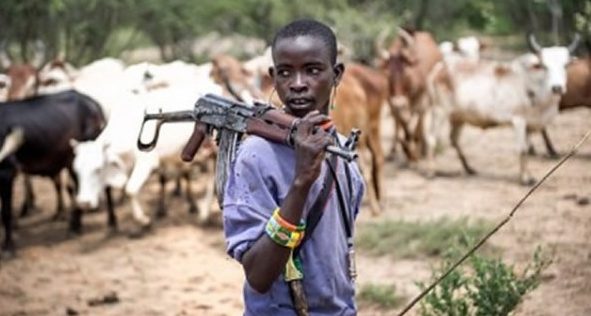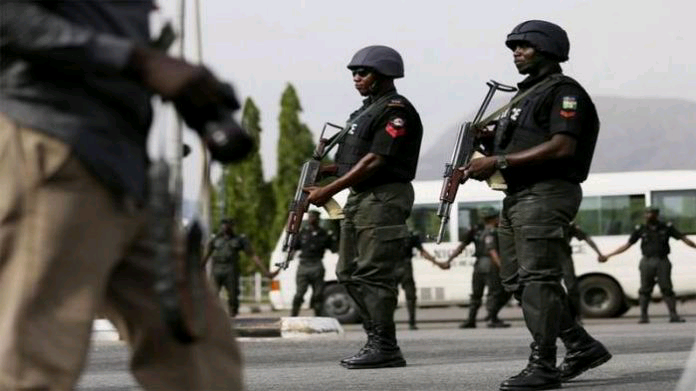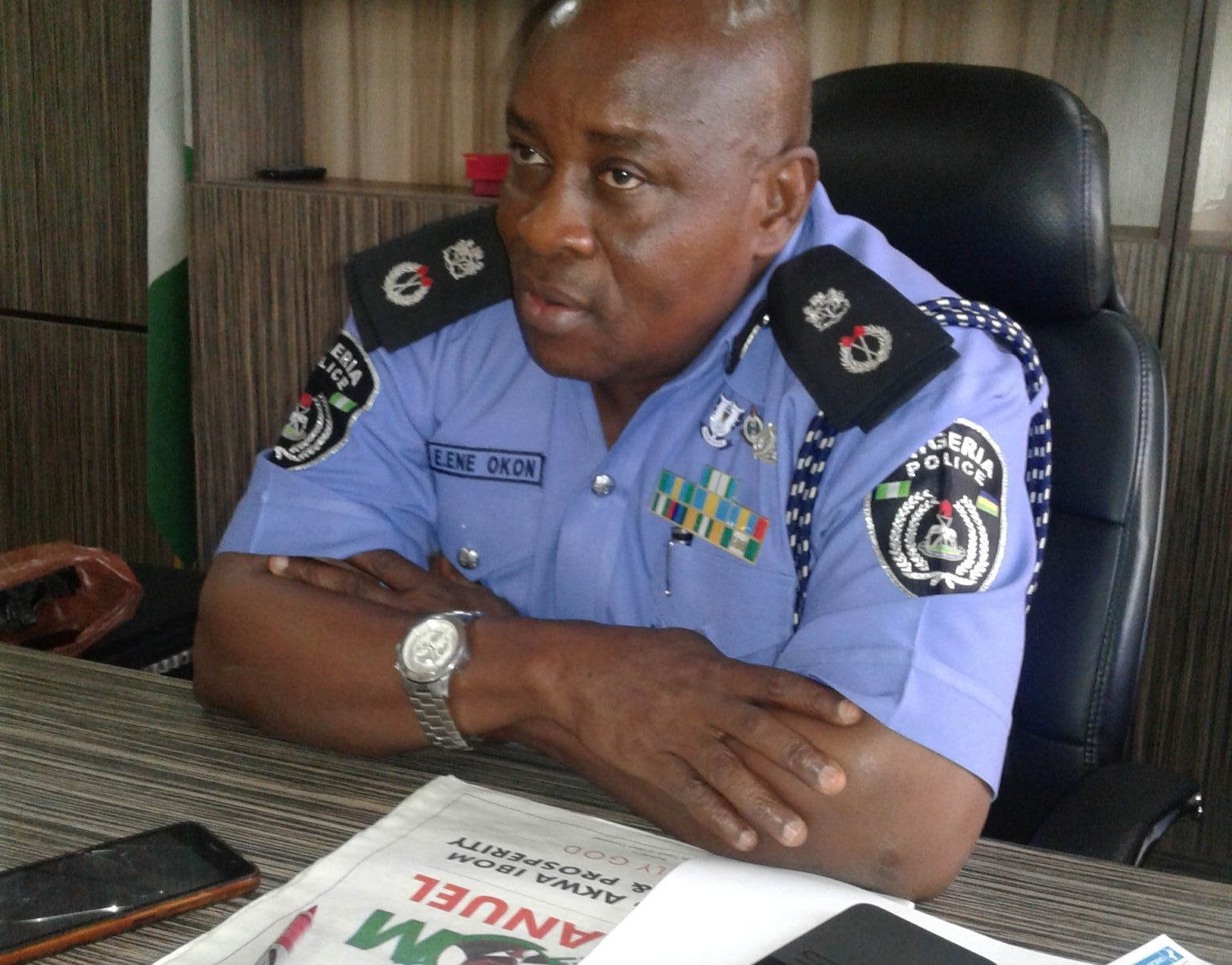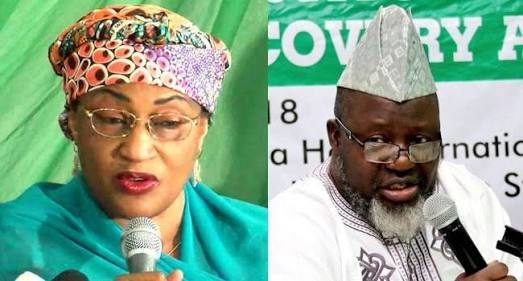The Fulani herdsmen have grown from stick wielding nomads to Ak-47 wielding kingpins. With their weapon of destruction, they have been sacking villages in some states in the Middle Belt region of Nigeria.
What was once seen as a clash between the Fulani herdsmen and farmers has now snowballed into an invasion. It is no longer a clash. It is now an invasion.
They have been having altercations with farmers for many years, mainly in the Middle Belt region of Nigeria. Farmers and herdsmen lost their lives in these clashes. Today, the herdsmen wield sophisticated weapons, and have become vicious and savagery in their attacks. The worst hit state is Benue. Several attacks have been executed in the past two years. The most publicized happened recently when over 70 people were killed in two days.
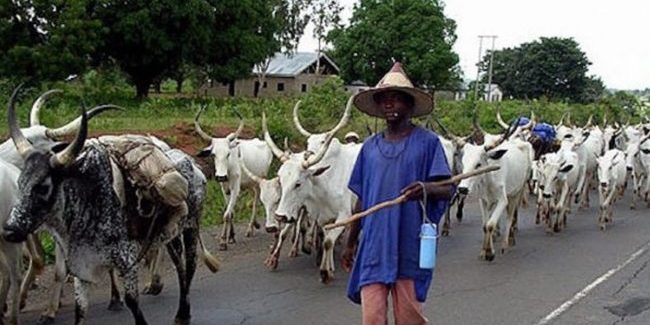
While other Nigerians were celebrating the New Year despite the fuel scarcity, residents of Benue state went through the horror of herdsmen’s invasion. It was reported that 50 persons including women and children were gruesomely murdered in cold blood by Fulani herdsmen on January 1, 2018, in Guma and Logo local government areas. Some of the causalities included livestock guards who were assigned to enforce anti-open grazing law. Last week, the deceased, 73 of them were given a mass burial by the Benue State government.
The question on the lips of most Nigerians is: how did we get to this sorry state?
The herdsmen are nomads who move with their cattle from one state to the other in search of greener pastures. They are Fula people also known as Fulani in Hausa language. They are widely dispersed in all of Africa, but mostly in West Africa. The Fulani’s generally speak the Fula language. A significant number of them are nomadic in nature, herding cattle, goats and sheep across the vast dry grass lands of their environment, keeping away from the local farming communities.
The gain of the herdsmen has now become the loss of farmers as they encroach on farmlands and destroy crops in the process of feeding the livestock. They used to be known to carry sticks to direct the herds. But today, they move around with sophisticated weapons. They wield AK47s. The Next Edition learnt that an AK47 costs N74, 000 and above.
As a result of the herdsmen conundrum, conspiracy theorists now have a field day. Some of them see this as a conspiracy by the global powers to undermine Nigeria. One of them is a former Deputy Government of the Central Bank of Nigeria, Dr. Obadiah Mailafia. According to him, the United States and its allies have turned a blind eye to the killings by the herdsmen they labeled fourth deadliest terrorist group.
His reason for believing that this is a conspiracy is “why they have not done anything in the face of these horrendous attacks.”
Read also: Fulani herdsmen: Nigerians read riot act to President Buhari
“I spoke with a few of them (diplomats) suggesting we set up seminars just to discuss about this crisis but they refused. They didn’t say anything. Their silence is a cause for concern.”
The president has also been on the wrong side of the people in all of these. He has been accused of looking the other way while the carnage goes on in the Middle Belt.
Prominent Nigerians have blamed the President Muhammadu Buhari for not using the same approach he used to quell the unrest caused by the Indigenous People of Biafra, IPOB in the South East.
Of all criticisms, the one that struck a chord was that of noble laureate, Prof. Wole Soyinka. He blamed the President for double standards in tackling problems of insecurity.
Soyinka pointed out that the crime said to be committed by IPOB, before they were descended on was nowhere near the devastation caused by herdsmen. “I am not aware that IPOB came anywhere close to this homicidal propensity and will to dominance before it was declared a terrorist organization.
“The conduct of the movement, even at its extreme, could by no means be reckoned as terrorism. By contrast, how do we categorize Miyetti?”
He stressed that a security meeting was called in 2016 after a massacre and the herdsmen “attended the meeting according to reports with AK47s and other weapons of mass intimidation visible under their garments,” Prof. Soyinka.
He said “They were neither disarmed nor turned back. They freely admitted the killings but justified them by claims that they had lost their cows to the host community.
“Such are the monstrous beginnings of the culture of impunity. We are reaping, yet again, the consequences of such tolerance of the intolerable. Yes, there indeed the government is culpable, definitely guilty of looking the other way. Indeed, it must be held complicit,” he said.
The Presidency, in a statement issued by the Senior Special Assistant to the President, Malam Garba Shehu, in reaction to Soynika’s statement, had said it would be unfair for anyone to accuse President Muhammadu Buhari of condoning herdsmen over the killings in different parts of the country.
Some analysts have attributed the hike in the invasions by the herdsmen as a result of the anti grazing law which was passed by the Benue State House of Assembly in 2017. Members of the Miyetti Allah Kautal Hore, which is in charge of the herdsmen were openly against the anti-grazing law. Their countenance before and after the attacks, gave many Nigerian the impression that they were responsible for the carnage in Benue State.
However, the Secretary of the group, Saleh Alhassan, denied allegations that they had anything to do with the murders that took place in the New Year.
Speaking with the press, he said, “Our group is a socio-cultural one, which aims to foster unity. We are not a violent people. We are law abiding.”
He added “Though we are against the anti-open grazing law we haven’t taken to violence. We are peaceful people who respect human lives. We went to court to challenge the law instead.”
The problems between the herdsmen and farmers predate the Buhari administration. On September 30, 2012: A Fulani herdsman had been accused of murdering one Benjamin Chegue, on his farm. He was the Director of Personal Management in the Isoko North Local Government Council in Delta State.
In 2014, assailants opened fire on community leaders and residents that were meeting in Galadima village. At least 200 people were killed and an unknown number was injured in the attack. Sources attributed the attack to Fulani assailants.
However, failure by the current administration to nip it in the bud made it worse. The attacks continued. When Buhari took charge, there were attacks in 2015. In 2016, it took a turn for the worse. In February, 2016, five people were killed by Fulani herdsmen at Okokolo village Agatu Local Government Area of Benue State. In March 2016, about 500 persons were killed by them after a siege on Agatu local government area of Benue State. These communities include: Aila, Akwu, Adagbo, Okokolo, Ugboju, Odugbeho, Ogbaulu, Egba and Obagaji.
April was, however, the deadliest month of all. There were many attacks in April, 2016, which led to deaths of hundreds of Nigerians. On April 12, 2016, the herdsmen attacked two villages in Gashaka local government area of Taraba State and killed 15 people. One week after, it was reported that the had killed over 23 persons. The police recovered 20 AK-47 rifles, 70 dane guns, 30 double-barrel guns and over 1,000 live ammunition mostly them during the period.
Two days later, farmers in Lagun, Iyana Offa, Atagba, Lapata in Local Council Area of Ibadan, Oyo State, alleged that a group of Fulani armed men attacked their communities at night and carted away valuables. Four days later, seven villages in Enugu State were attacked and about 40 people were reportedly killed by herdsmen.
While it is obvious that Buhari inherited this problem, it is believed in many quarters that his ‘lackadaisical’ attitude has worsened the situation, thus making it more complex. His alleged membership of the group seems to give bites to their operations.
Alhaji Sale Bayari, Secretary-General of Gan-Allah Fulani Development Association and member of Miyetti Allah Cattle Breeders Association’s (MACBAN) Board of Trustees has warned that if the current crisis is not properly handled by this administration “Boko Haram would be a child’s play compared to this.”
“The way this thing is being driven through ethnicity, sectionalism, religion and politics is not going to help. It is going to make this country ungovernable.
“We have given solutions to Buhari long time ago, even before he was sworn in, I gave him a breakdown of likely explosives areas that we have in terms of herdsmen and farmers restiveness,” he said.
He stressed that “the Boko Haram crisis in the enclave of Borno and Yobe took over the entire North-East and started coming down even to Abuja, how much more something involving Fulanis who are found in all parts of the country and across West Africa?”
It would be recalled that the Boko Haram insurgence was there before the tenure of President Goodluck Jonathan. However, the group became deadlier when he was at the helm of affairs. It got to that level because the government and security forces did not fight it with an equal and commiserate amount of viciousness that the terrorists were fighting Nigerians. Therefore, the current situation has the likelihood of escalating if the federal and state governments lack the political will to intervene properly without fear or favour.
